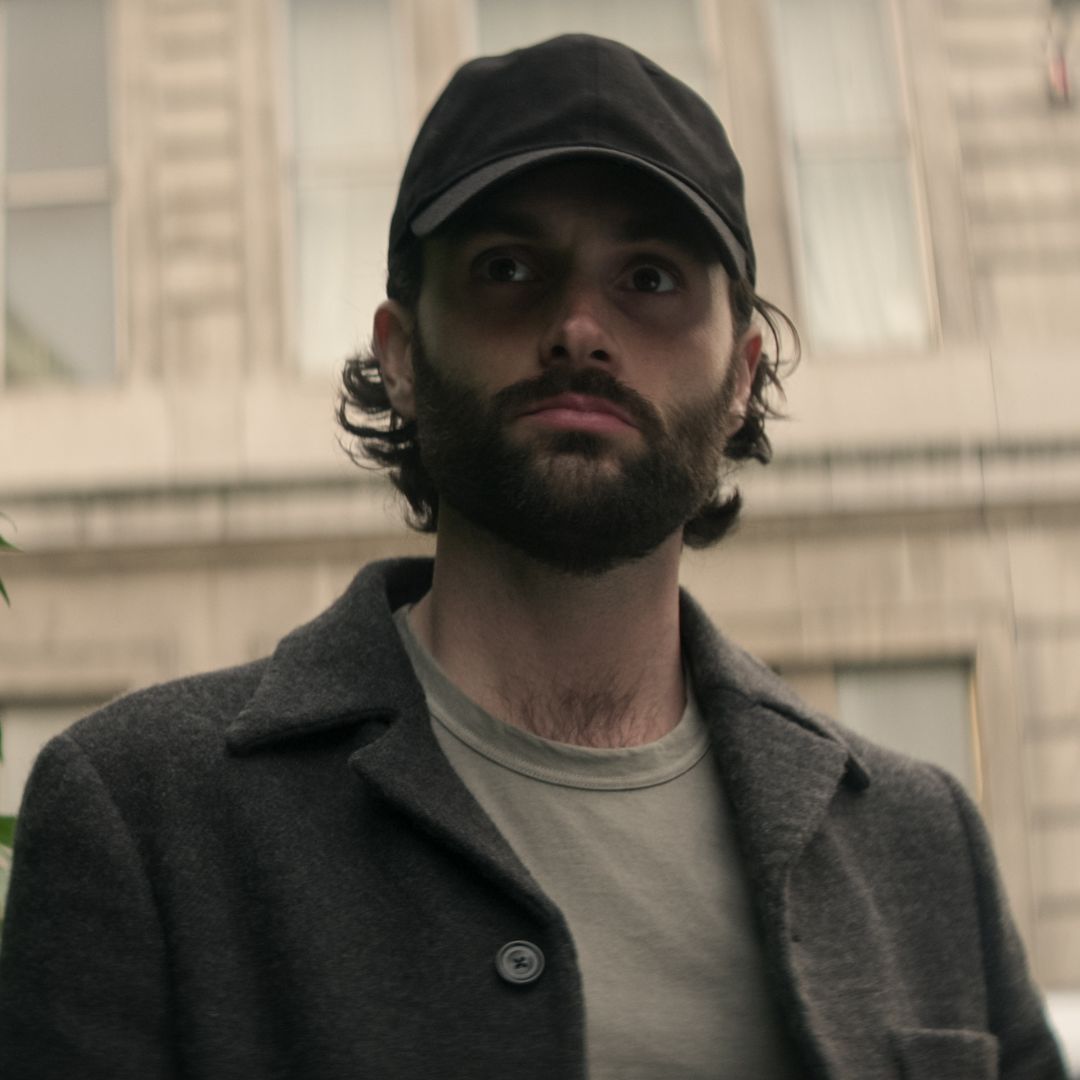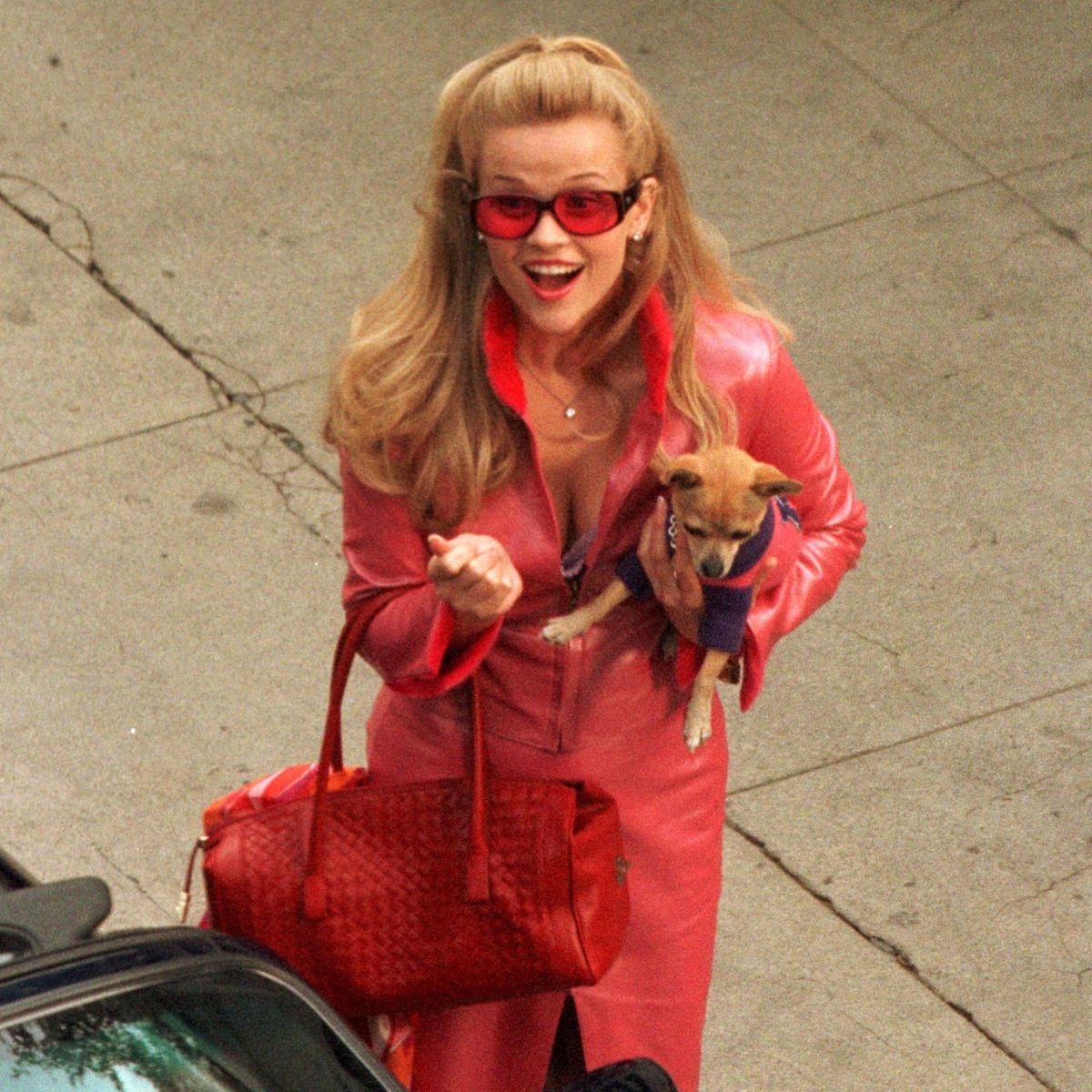12 Things You Learn When You Start Worrying About The Refugee Crisis
Once you start paying attention to the refugee crisis, you won't be able to stop. Because it's much worse than you thought...
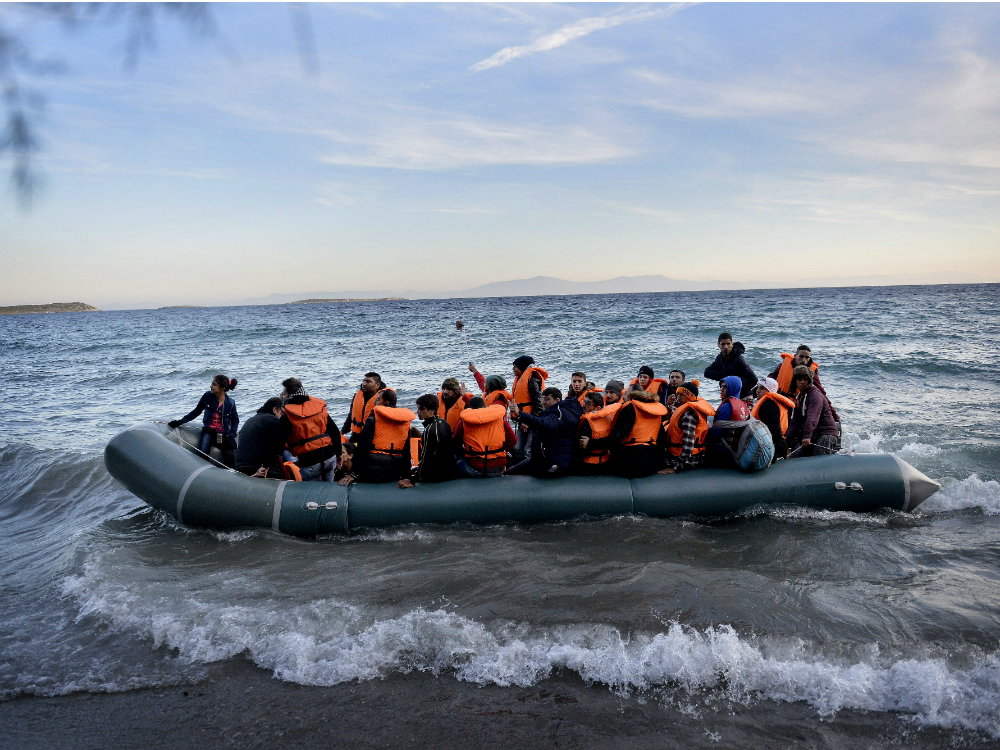
Once you start paying attention to the refugee crisis, you won't be able to stop. Because it's much worse than you thought...
Deciding that you want to know more about ‘the refugee crisis’ is like opening Pandora’s Box. As marie claire discovered when we travelled from Greece to Germany with refugee Aysha, it's hard to know where to start.
Until three, maybe four months ago, activist and photography director Pru Waldorf considered herself politically aware. But it was only when she made a concerted effort to learn more that she realized how little she knew in the first place.
This what she, and many more volunteers like her, have learned since they started getting involved...
You discover that volunteers are responsible for nearly everything. From donating money and aid to coordinating shipments, deploying volunteers and carrying out humanitarian work on the ground, it was all down to ordinary people. The Red Cross and MSF were present in some regions, but their involvement was minimal. Even the doctors working on across Europe and the sea rescue teams operating in Greece did so as independent, unpaid volunteers.
You realise that the numbers of people affected are being vastly underplayed. There are thousands upon thousands of displaced people - not just in the Middle East and Turkey, but all over Europe in Greece, Serbia, Croatia, Macedonia, Italy, Germany and France. There are massive official holding camps, which you might have heard about. But what isn’t reported on, are the numerous ‘hotspots’ in between them - no man’s lands, where huge numbers of people are stuck in makeshift camps by the side of the road, along train tracks and on land borders, without adequate food or any form of sanitation.
You find out that there is still no ‘plan’ for dealing with the crisis. I was shocked at the lack of response from governments and the EU. I’m still appalled at the widespread ignorance on these people’s plight.
Marie Claire Newsletter
Celebrity news, beauty, fashion advice, and fascinating features, delivered straight to your inbox!
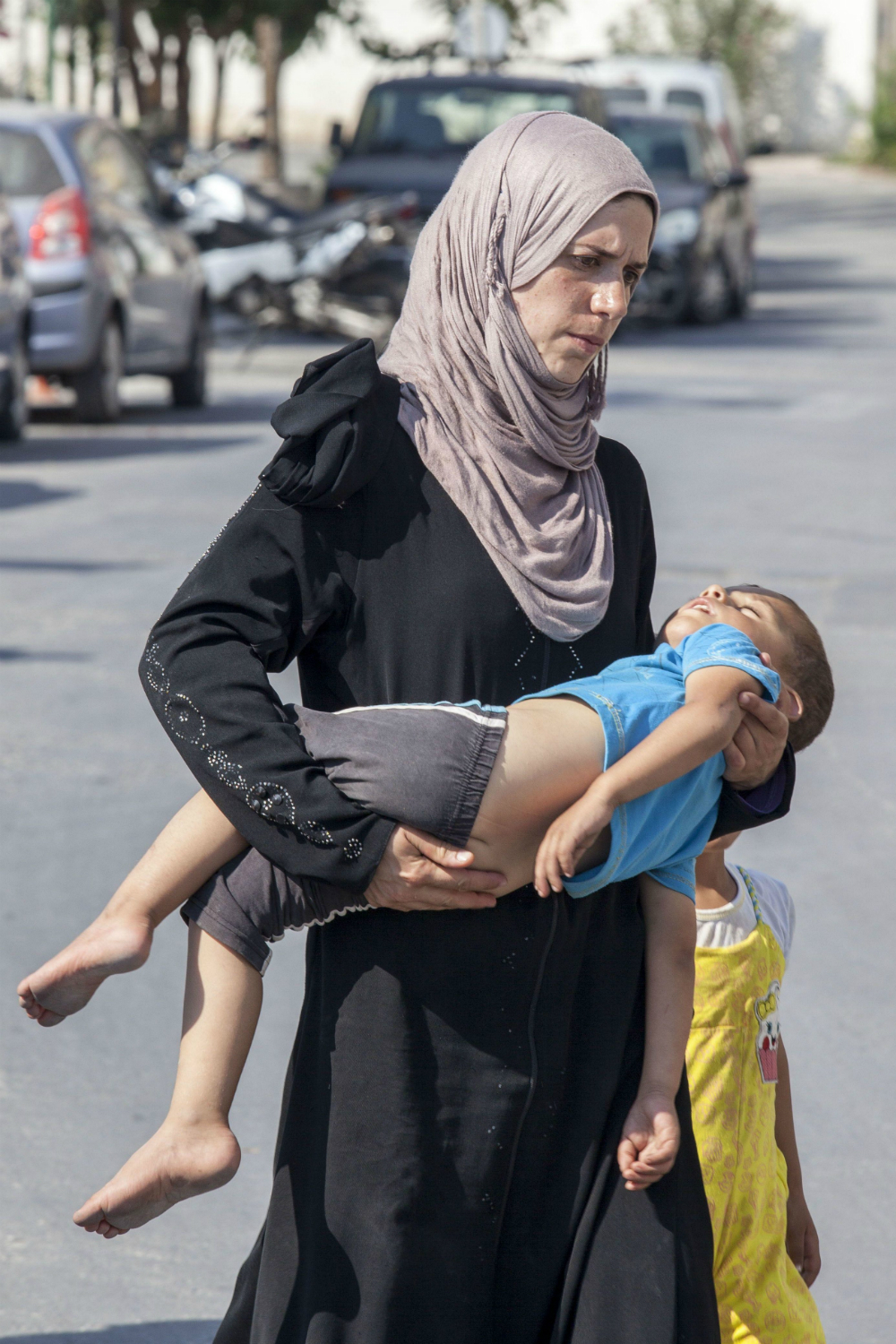
You learn that once you’ve tuned in, you can’t tune out. The more I learned about the refugee crisis, the more it consumed me. Soon, I felt completely detached from ‘ordinary life’. Chatting to people about day-to-day gossip or trivia became increasingly difficult, because the horrific images and desperate stories kept flooding my newsfeed. First person accounts from both refugees and volunteers on the real state of affairs, desperate pleas from people who had become separated from their relatives. I’d could log offline, but I couldn’t stop picturing the faces of all the missing children. Maybe that’s why some people don’t want to know what’s going on.
You realise that anybody can make a difference. I was already involved with the grassroots volunteer group Calais Action, helping refugees in France. Then, in early October we received info about a Greek island Samos that was in particular difficulty. There was no support there; no NGOs present, no experienced volunteers, no infrastructure. It was just a small number of locals trying to cope with increasing numbers of refugees arriving on their shores. Thousands of people were sleeping outside with no clothing, shelter or food. The detention camp on the Island (for non Syrian refugees or those without papers) was horrifically over grounded and unsanitary. Locals were trying their best to cope, using their own money for food. But there still wasn’t enough. I went out to help, and have been there on and off ever since.
You’ll reassess all of your priorities – in ways that you couldn’t imagine. When I’m in Greece, I miss my family and I return feeling physically tired and emotionally drained. Like most volunteers I work freelance, but I have put my own career on hold in order to give my time and expertise. I am a producer and shoot coordinator by profession, so the skills required for humanitarian work are not so different. Logistics and people management, a clear head and an unflappable manner are essential. But nothing can prepare you for the emotional side of things. You’ll cry often, but only when you’re with other volunteers. I never tear up in front of the people I’m helping. They don’t need my pity; they need me to be strong and reliable, to provide aid, support and comfort.
It’s very hard to share your experiences with people back home. As soon as you start talking about what you’ve seen, the words very quickly seem inadequate and become anecdotal. Just another ‘horror story’ about a group of people who seem very different and very far away.
… But you’ll want to shake everybody who says refugees aren't like you. I’ve met doctors and law students, engineers and dentists. I meet families travelling with elderly relatives and newborn babies, pregnant women, physically disabled people, teenage children travelling in groups unaccompanied who have lost their parents and have formed ‘families’ of their own. There are huge numbers of unaccompanied children, and vast numbers of broken looking men, who came ahead of their families in the hope of securing ‘safe passage’, who have since loft everything in the sea and lost contact with their families. These men have desperate, bereft and haunted look about them. They cannot turn back - they are not permitted. They cannot stop and wait in the camps. Once ‘processed’ they must press on and hope that they can one day find their families again.
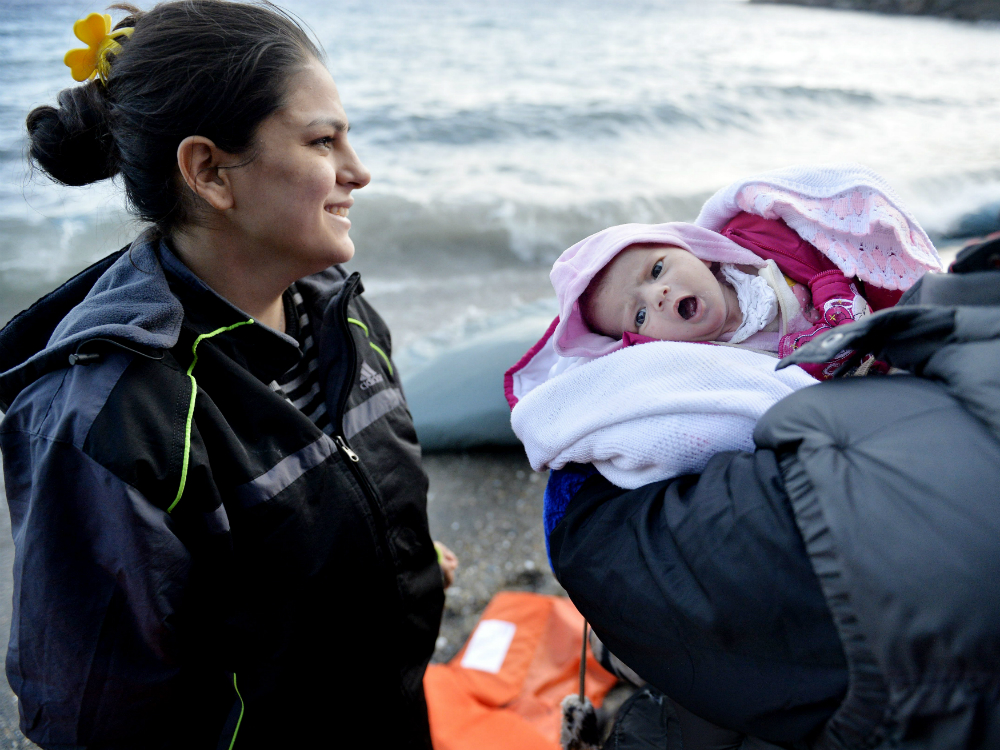
You’ll meet the most incredible people. Many of refugees I meet want to talk about their homes. They show me pictures on Facebook of their beautiful homes, families, girlfriends, and wives. Snapshots of themselves in happier times; at concerts, parties and family occasions and swimming in their pools. They have lost everything, but their faith gets them through. Sometimes they can still laugh as they watch their children play. They share everything they can with one another.
You discover that privilege isn’t about money, or education. These refugees are wealthy people (or at least, they were), and they’re well educated. Privilege at its most basic is about having freedom. Freedom to practice whichever religion you wish or to openly have no religion. Freedom to move from one country to another unhindered, and without suspicion. Freedom to escape from persecution and violence if needs be. Freedom is living in a democracy and being able to speak your mind, or to challenge your government. To wear whatever you want or to love whomever you choose.
You’ll worry about the future. I know that volunteers will dry up over Christmas - as will collections of aid and donations of money. And the wonderful, gracious, hopeful people I’ve met are left facing face the hopeless indignities and dangers of living in large camps in Germany and France for an indefinite amount of time. Their journey is far from over. They are nowhere near safe. And I worry that I’m not doing enough.
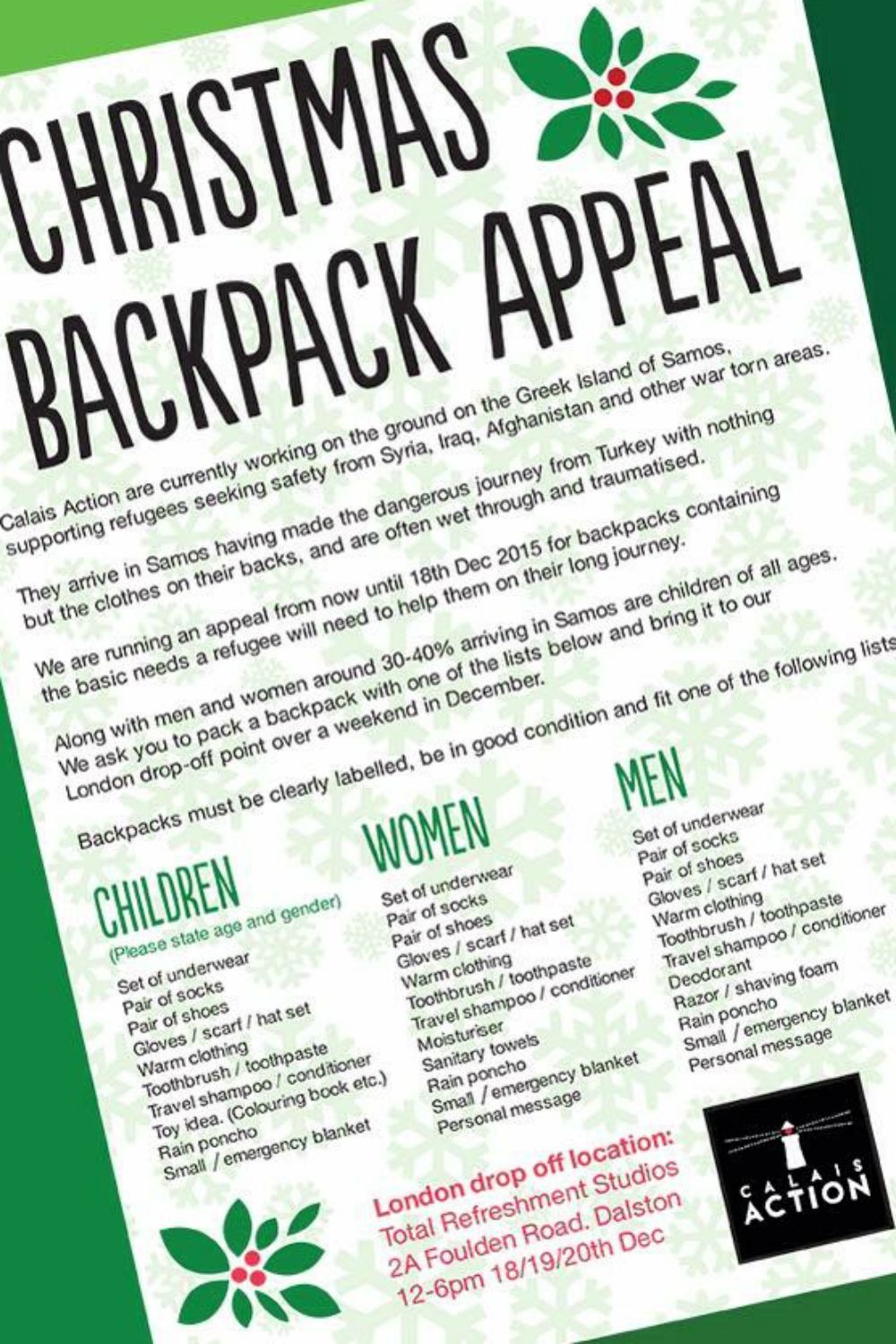
Support the Calais Action fundraiser here, or get involved with their Christmas Backpack campaign - sending backpacks filled with clothes, toiletries and other necessities, to help the refugees on their journey across Europe.
The leading destination for fashion, beauty, shopping and finger-on-the-pulse views on the latest issues. Marie Claire's travel content helps you delight in discovering new destinations around the globe, offering a unique – and sometimes unchartered – travel experience. From new hotel openings to the destinations tipped to take over our travel calendars, this iconic name has it covered.
